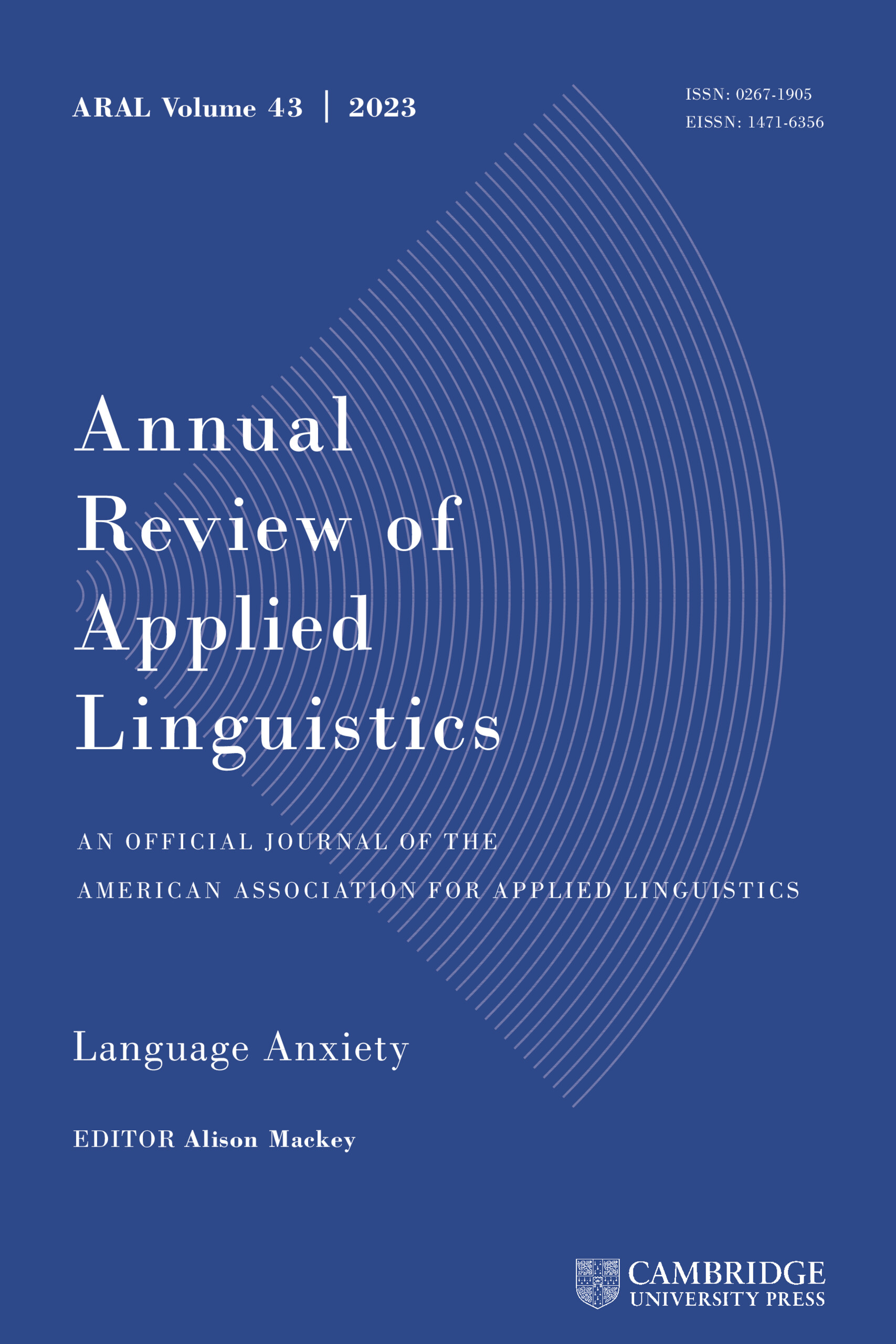Article contents
Opportunities for Corrective Feedback During Study Abroad: A Mixed Methods Approach
Published online by Cambridge University Press: 03 October 2018
Abstract
The provision of corrective feedback during oral interaction has been deemed an essential element for successful second language acquisition (Gass & Mackey, 2015a). However, corrective feedback—especially corrective feedback provided by peer interlocutors—remains understudied in naturalistic settings. The present mixed methods study aimed to identify the target and type of corrective feedback provided by both native-speaker and peer interlocutors during conversation groups while abroad. U.S. study abroad students (N = 19) recorded group conversations with native speakers (N = 10) at the beginning, middle, and end of a 6-week stay in Barcelona, Spain. Results indicate a significant decrease in the provision of corrective feedback by both native speakers and peer learners over the course of the program. Qualitative analyses revealed that both learners and natives alike engage in negotiations for meaning throughout the program, which for learners resulted in successful recall on tailor-made quizzes. The use of the first language by both the study abroad students and the native speakers promoted these opportunities in some instances. Results are discussed in terms of their contribution to the study abroad literature as well as to research into the effects of feedback on second language development.
- Type
- Research Article
- Information
- Copyright
- Copyright © Cambridge University Press 2018
Footnotes
The experiment in this article earned an Open Materials badge for transparent practices. The materials are available at https://www.iris-database.org/iris/app/home/detail?id=york%3a934331&ref=search
References
REFERENCES
- 16
- Cited by


